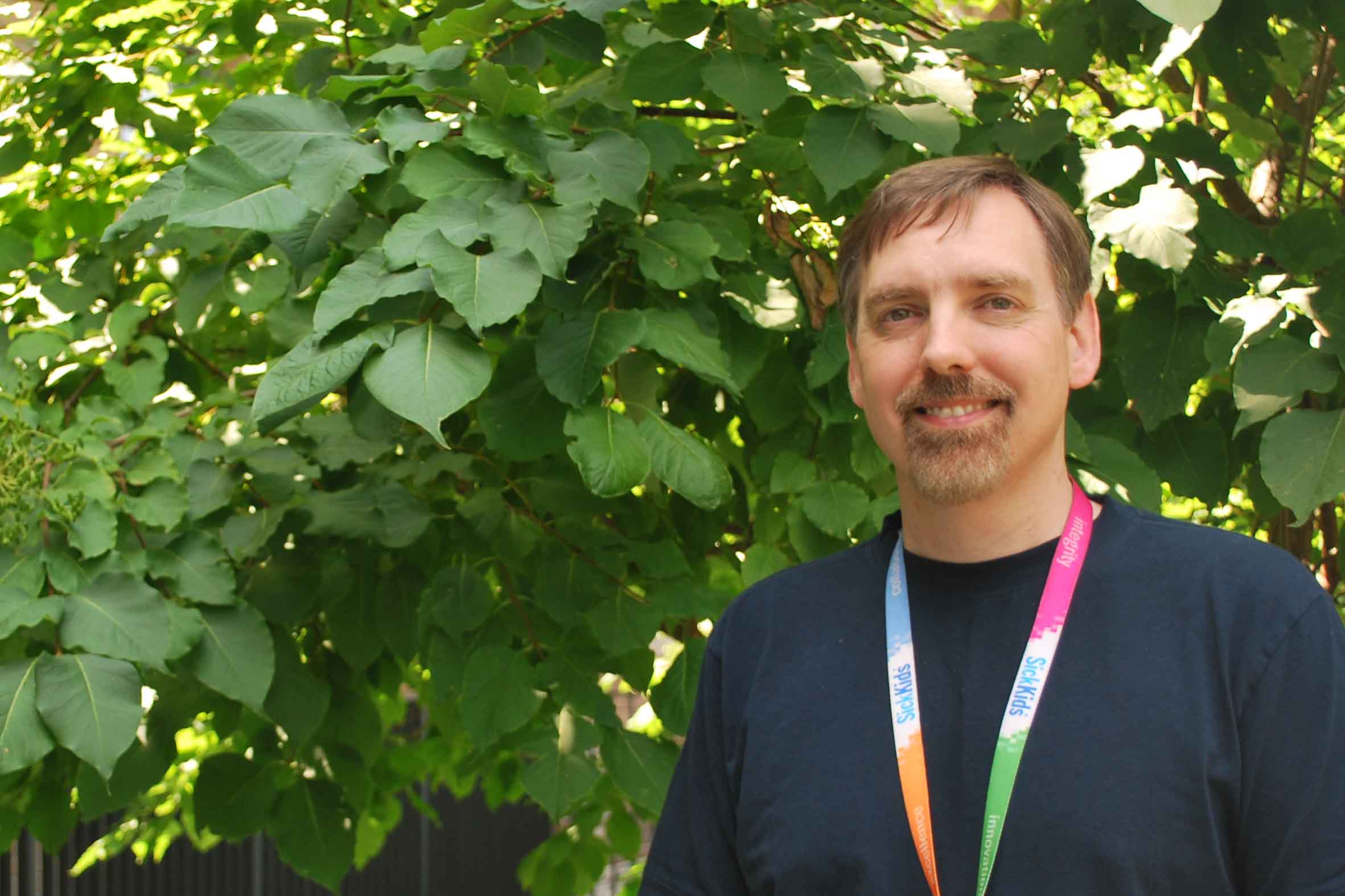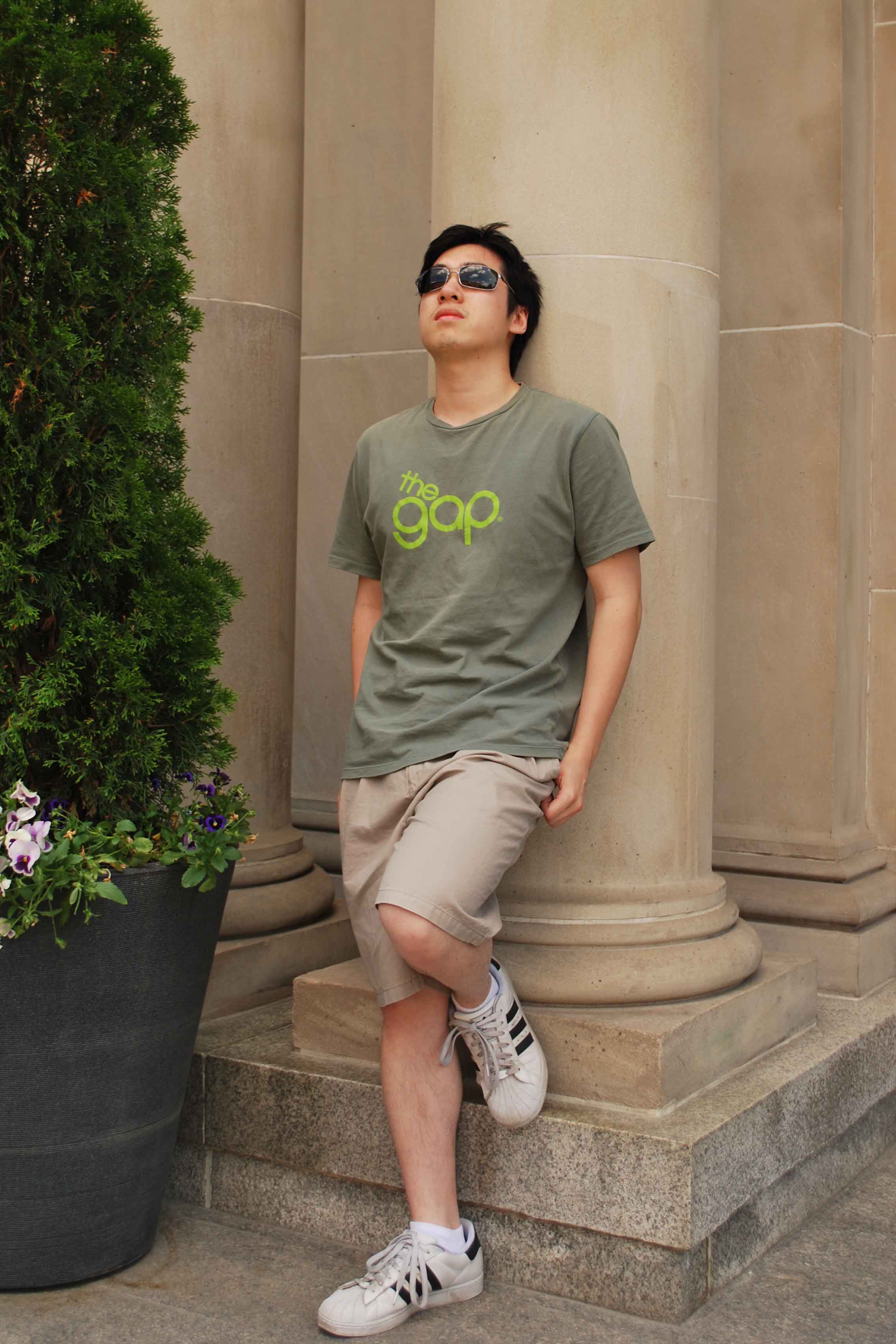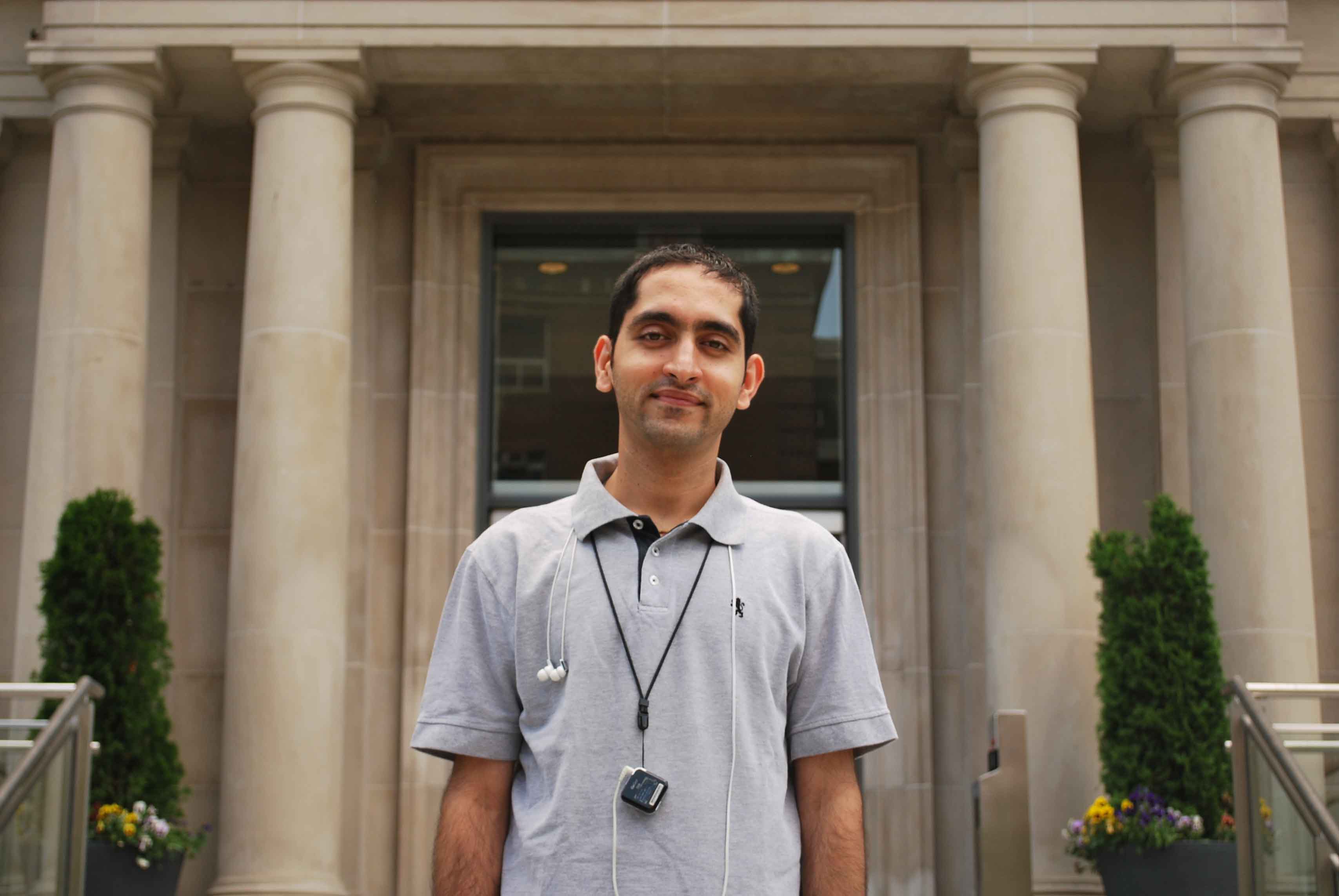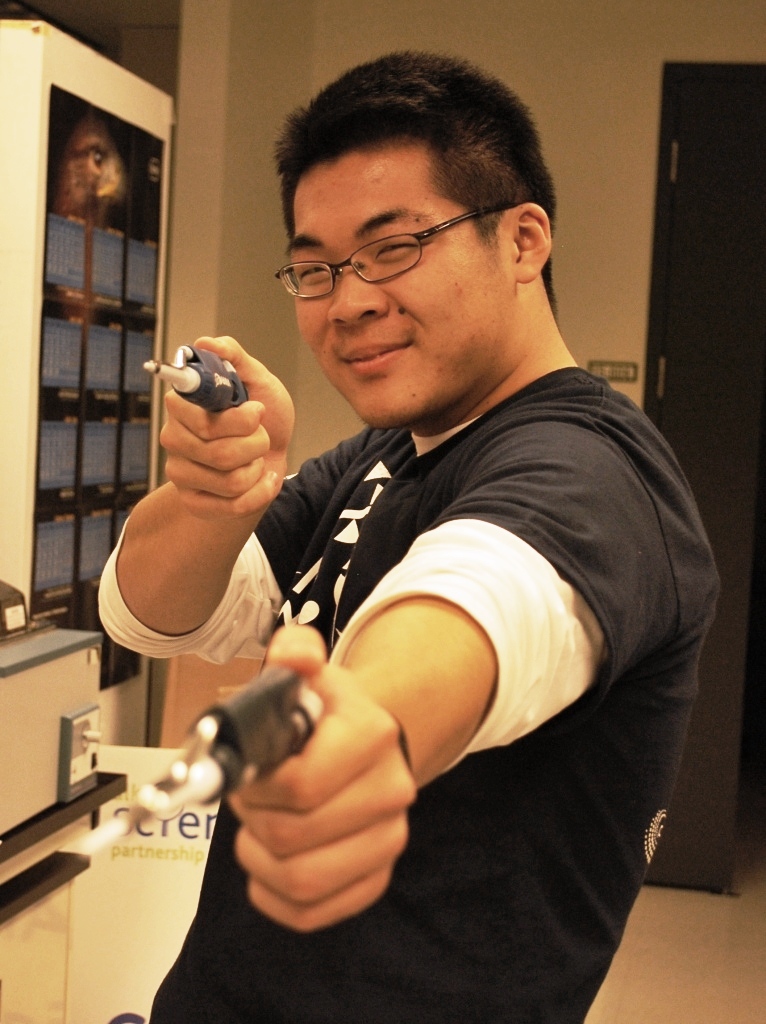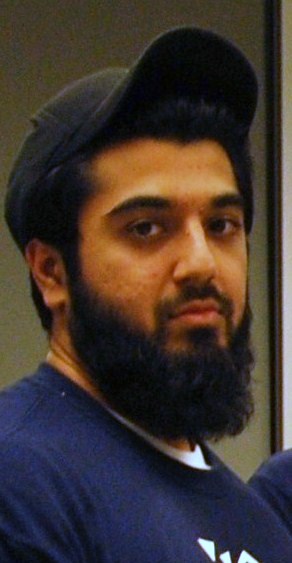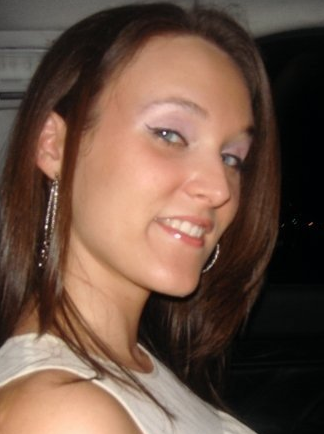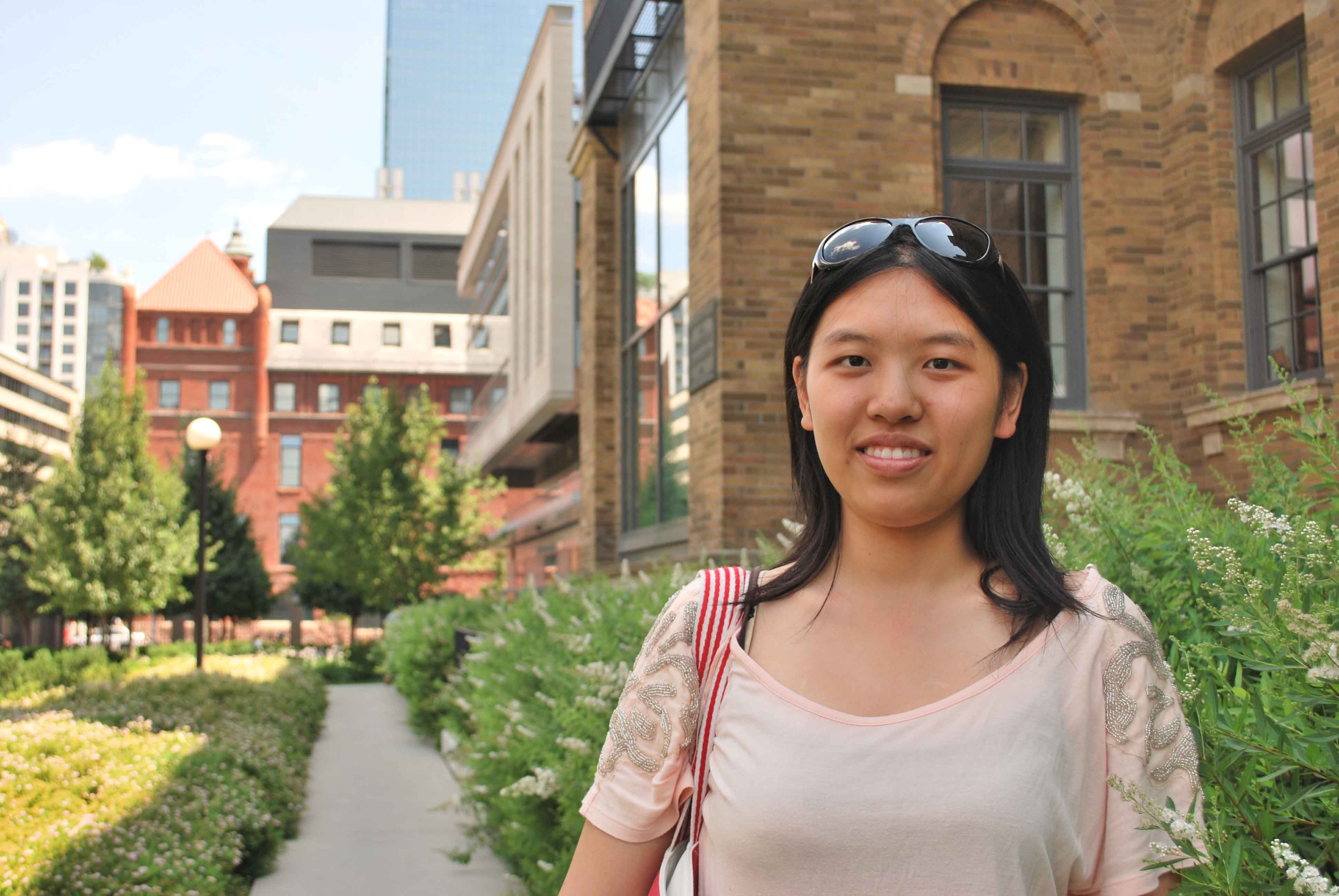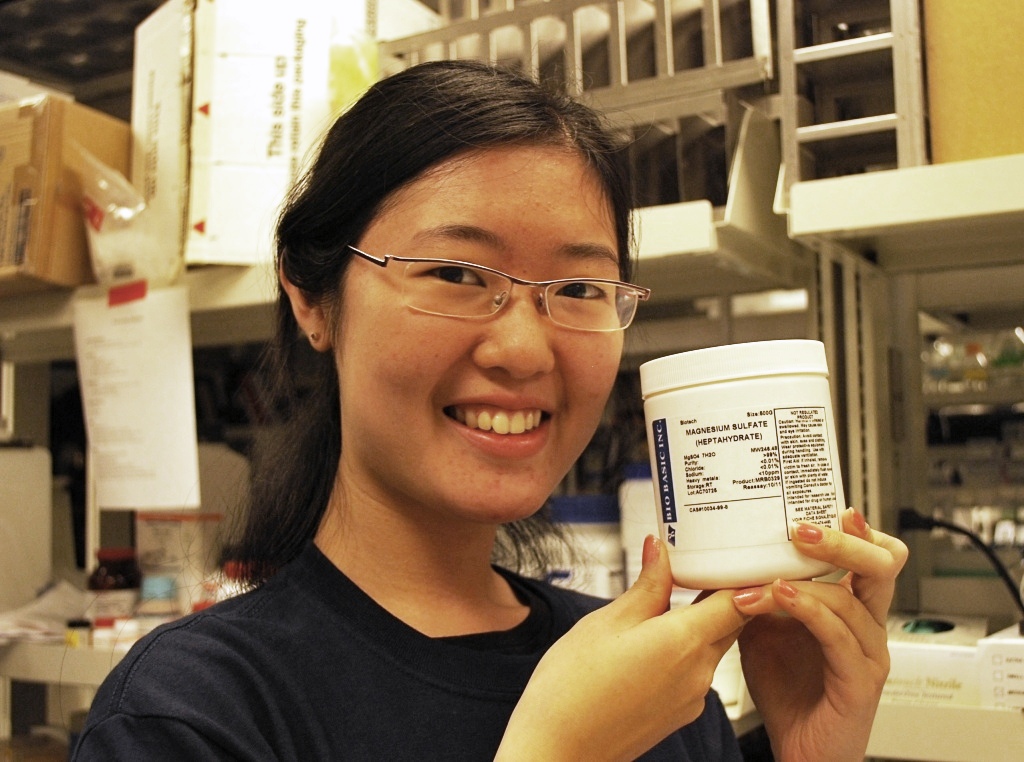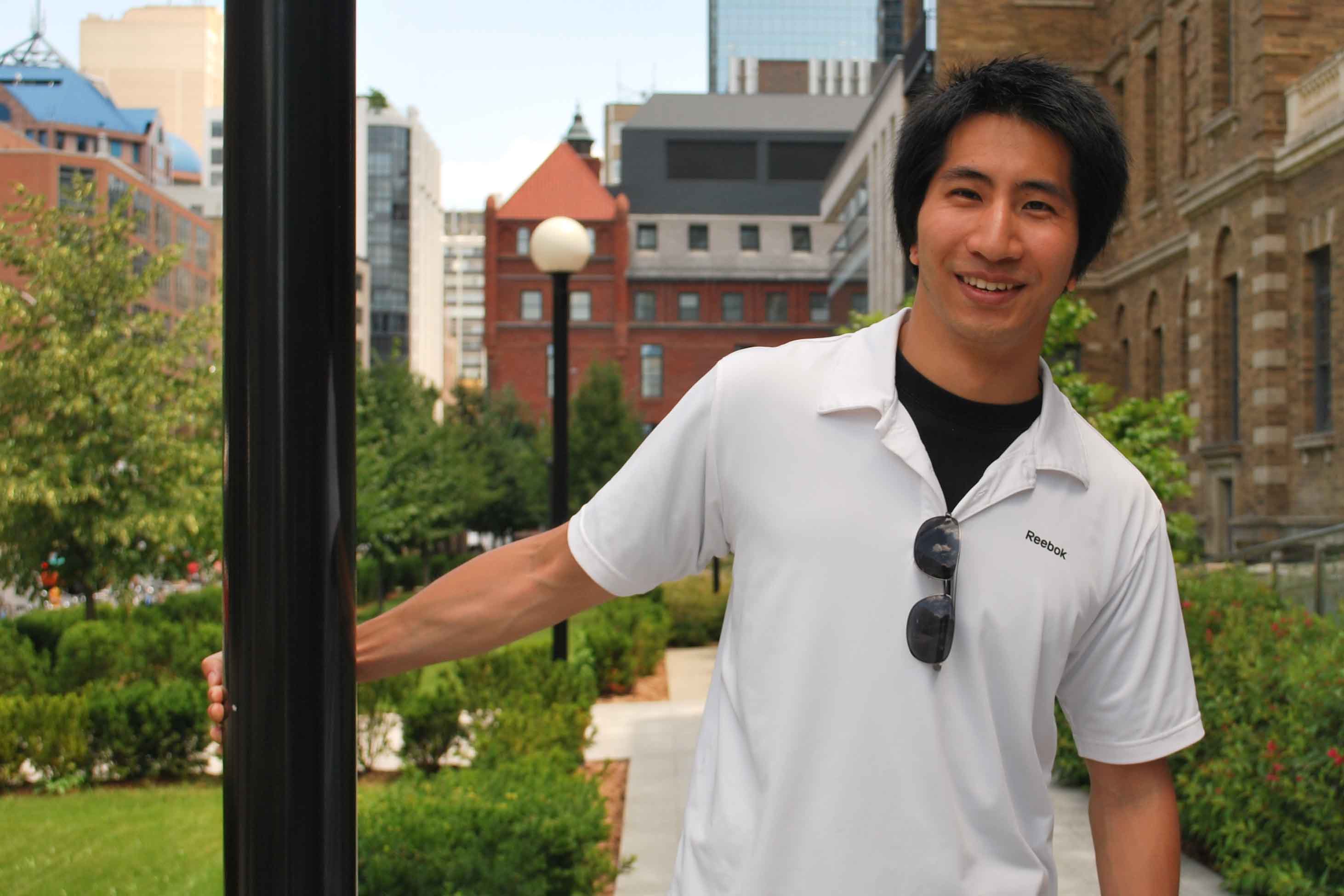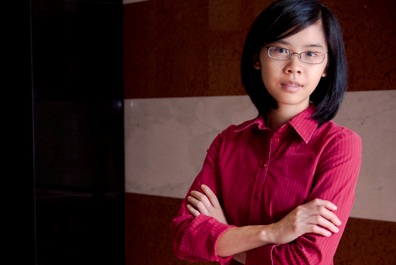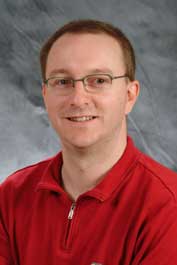Team:Toronto/Team
From 2010.igem.org
(→Elena Pasko) |
|||
| Line 14: | Line 14: | ||
!align="center"|[[Team:Toronto/Team|Team]] | !align="center"|[[Team:Toronto/Team|Team]] | ||
!align="center"|[https://igem.org/Team.cgi?year=2010&team_name=Toronto Official Team Profile] | !align="center"|[https://igem.org/Team.cgi?year=2010&team_name=Toronto Official Team Profile] | ||
| - | |||
| - | |||
|} | |} | ||
Revision as of 06:29, 27 October 2010
| Home | Project | Design | Protocols | Notebook | Results | Parts Submitted to the Registry | Modeling | Software Used | Human Practices | Safety | Team | Official Team Profile |
|---|
Contents |
Who we are
Instructors
Graham CromarI am a 5th year Ph.D. student in the Department of Molecular Structure and Function at the Hospital for Sick Children in Toronto. At various times in the past I have studied cell and molecular biology (B.Sc. Toronto), molecular biology and genetics (M.Sc. Guelph), computer programming and systems analysis (dip. Inst. Computer Studies, Toronto), bioinformatics (cert. Canadian Genetic Disease Network) and, systems and matrix biology (present). I have worked as a lab technician, teaching assistant, computer programmer/systems analyst and IS manager. But, what I would most like to do is what I wrote in my high school yearbook about 20 years ago... Design organisms for export to far away galaxies. Thanks to iGEM I'm 1/4 of the way there... |
Kris HonI am currently a 2nd year masters student in the Department of Biochemistry at the Unviersity of Toronto, having graduated with a BSc. Honours in Molecular Genetics and Microbiology at the University of Toronto. I am currently studying the effects of micro-compartmentalization in metabolic channeling. The creative freedom and the chance of making a lasting difference drew me to synthetic biology. The fact the iGEM allows for both certainly does help! |
Amin ZiaI am a post-doctoral fellow at the Dept. of Cell and Systems Biology with a background in Engineering. I'm currently working on a couple of cool ideas to tailor engineering methods for Bioinformatics and Systems Biology. My interest in synthetic biology comes naturally with my background... |
Students
Anish KapadiaIt is fascinating to apply our current knowledge of genetic systems to solving practical problems. I am particularly interested in the potential applications of bio-engineered systems in medicine. I am a currently studying Medicine at University of Toronto. |
Kenny ZhanHi everyone my name is Kenny Zhan and I am a fourth year undergraduate student. I am currently pursuing a specialization in biochemistry at the University of Toronto. This year I have been part of the roster team that works in the lab to bring the design into reality. I find synthetic biology fascinating as I have an interest in developing new techniques and procedures to support the rapidly expanding field of biological sciences. In my free time I enjoy activities such as hiking, biking, ultimate and geocaching. Hope to see you all down at the jamboree in Boston come November. |
Farhan RajaI am a graduate student in Biochemistry and my research involves applying computational techniques (eg. FBA) towards the reconstruction and analysis of pathogenic metabolism. I helped with the modeling portion of this year's iGEM team. |
Elena PaskoI am attending my fourth year at the University of Toronto where I am double majoring in Human Biology and Nutritional Sciences. Synthetic biology is a new and expanding field and iGEM has given me an opportunity to be involved in it. This year I was part of the wet lab team where I have gained tremendous laboratory experience. In my spare time I love to read, swim, and practice yoga. |
Mengyan LiProfile for Mengyan Li. |
Yen LeungHi there! My name is Yen and I am in my final undergraduate year at the University of Toronto. I am specializing in Neuroscience and majoring in Nutritional Sciences. My research interests include the role of nutrition in neuroscience and aging. Synthetic biology has also been of interest to me since I joined iGEM last year. My job on the team this year was wet lab work and training new team members. |
Advisors
Daniel WongDaniel Wong received his BASc in Engineering Science biomedical option at the University of Toronto. He is currently with the Institute of Biomaterials and Biomedical Engineering, working toward his PhD. He works in the Cochlear Implant Laboratory at the Hospital for Sick Children, developing neuroimaging algorithms for the analysis of multichannel EEG data. As design team lead for this year's iGEM team, he guided the design team in developing the protocols for creating the team's biobrick parts. His academic interests include neuroimaging and systems modelling. To relax, he enjoys a good round of golf or social salsa dancing. |
Stacy HungWith a B.Sc. Honours Biology and Bioinformatics from the University of Waterloo, Stacy is currently a 4th year Ph.D. student at the University of Toronto. Her main focus is to identify novel enzyme drug targets against malaria by studying the metabolic networks of these parasites. She is inspired by anything that is new, exciting, and can have a long-term impact for making the world a better place -- besides her research, iGEM is certainly one of these things! |
John ParkinsonGraduated from the University of Bath with a bachelor of science in Applied Biology in 1990. After receiving a PhD in Biochemistry from the University of Manchester in 1995, I completed a NATO fellowship at the University of Manitoba. From 1997 to 2000, I was awarded a fellowship at the Edinburgh Centre for Protein Technology, University of Edinburgh and from 2000 to 2003 completed another fellowship at the University of Edinburgh on Nematode genomics. I am currently a scientist at The Hospital for Sick Children Research Institute. The research in our laboratory is aimed at understanding how molecular information can give rise to complex biological behaviour. Using computational methods, we study the organization and dynamics of cellular components within the context of integrated biological systems. Comparative genomics methods are also being applied to provide insights into how these systems may have evolved from the remote origins of life. |
 "
"

